I'm not quitting films: Naseeruddin Shah


Send us your feedback to audioarticles@vaarta.com


Naseeruddin Shah, back with a bouquet of three plays for theatre aficionados here, scoffed at rumors of his quitting Bollywood and said he is ready to act in "good films".
"I'm not interested in masala Bollywood films. I had my share of it, now I'm only open to movies like "Maqbool" or "Monsoon Wedding," Shah told IANS in an interview.
"Sadly, not many good films are made these days," the actor said, who is soon to be seen in "Asambhav".
"I did 'Asambhav' as I have very good relations with Rajiv Rai. I just couldn't refuse. All my commercial successes have come because of him."
Shah said he was not immediately thinking in terms of directing a film, saying: "That is not happening now. No one wants to finance my film, which has no songs and no action."
The versatile actor is now back on the proscenium with "Katha Collage" -- comprising three new plays -- that also features his son Imaad, who has just passed out of Doon School and is now studying at St. Xavier's College here.
"The three plays have no connections to each other, that's why I called them 'Katha Collage'," says Shah.
They are about the circle of life, told through a middle class family from Uttar Pradesh. The characters in the play enact the roles of both narrators and actors.
Imaad, like any other teenager, likes "freaking out" but when it comes to acting -- that too with his father -- he makes sure that he does it with conviction. At the rehearsals, one could easily see the similarities between the father and son in terms of body language.
"Bade Bhai Saheb", the first play in the bouquet, is a tale of two brothers, narrated in the first person by the younger (the carefree, irresponsible, but unknowingly -- the brilliant one) about his older sibling -- the dour, studious but irredeemably mediocre one.
The play is a study in contrast of many kinds -- of mindsets and approaches to life, of tradition and modernity, and of characters.
The writer does not take sides in this hilarious study of two characters, who should be alike in every way, but are not.
"Shatranj Ke Khiladi" -- the second play -- a satire set in a pre-1857 backdrop -- is about two feudal lords obsessed with the game of chess at the cost of everything else. It has an uncanny similarity to the modern day apathy most of us have.
The fate that catches up with these decadent gentlemen is one that probably awaits all those who refuse to take a stand on anything except their own misguided sense of pride.
The third play is called "Sankraman". Most of those hitting middle age often have memory flashes of parents, and how similar one unconsciously begins to sound or look or behave like them.
The realization that one could not possibly have been any other way is sometimes bitter, and always inevitable. The playwright has captured with acute perception this remorseless circle of life in which all of us are caught.
These three pungent, straight-from-the-heart points of view of a man, his wife and their son are set in a middle class home of Uttar Pradesh, but are representative of parents and their progeny anywhere.
Follow us on Google News and stay updated with the latest!
Headlines
Cinema News
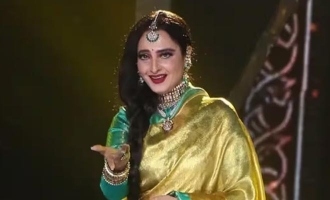 Bollywood actress Rekha on sheer fluke of not getting pregnant bold candid confessions
Bollywood actress Rekha on sheer fluke of not getting pregnant bold candid confessions
 kareena kapoor s trolled for recent instagram quote on luxury pataudi palace
kareena kapoor s trolled for recent instagram quote on luxury pataudi palace
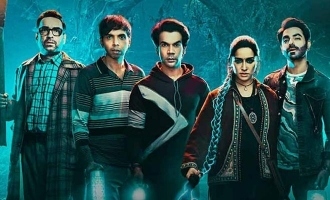 Stree 2 box office collections crosses baahubali 1 aims to cross shah rukh khan s jawan
Stree 2 box office collections crosses baahubali 1 aims to cross shah rukh khan s jawan
 Shah Rukh khan enters huran rich list rs 7300 crore in fortune
Shah Rukh khan enters huran rich list rs 7300 crore in fortune
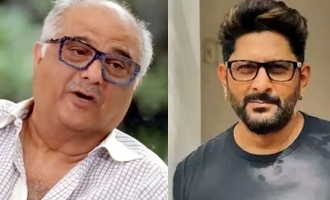 boney kapoor slams back at arshad warsi for low salary in roop ki rani choron ka raja
boney kapoor slams back at arshad warsi for low salary in roop ki rani choron ka raja
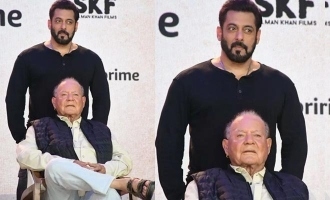 Salma khan wants to remake Salim javed's sholay deewar
Salma khan wants to remake Salim javed's sholay deewar
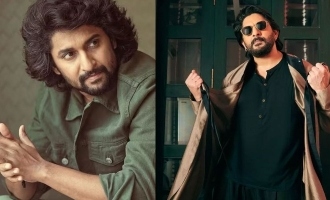 Nani sudheer babu claps back at Arshad warsi for calling prabhas as joker in kalki 2898 AD
Nani sudheer babu claps back at Arshad warsi for calling prabhas as joker in kalki 2898 AD
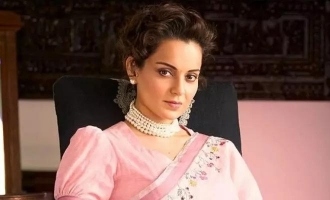 Kanagana ranaut s paparazzi comment gets viral emergency controversy
Kanagana ranaut s paparazzi comment gets viral emergency controversy
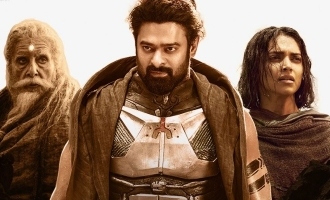 Kalki 2898 AD Starts Streaming Where to Watch Prabhas New Film
Kalki 2898 AD Starts Streaming Where to Watch Prabhas New Film
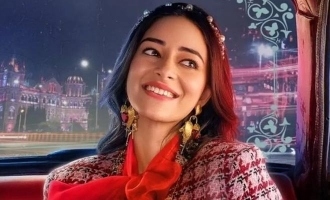 ananya panday call me bae trailers goes viral reminds of emily in paris
ananya panday call me bae trailers goes viral reminds of emily in paris




 Follow
Follow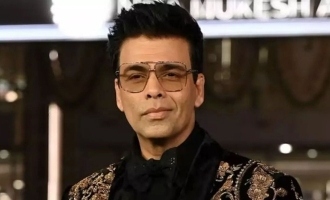

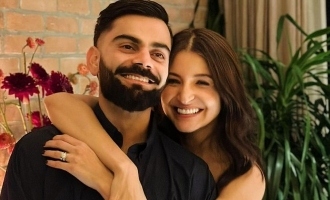
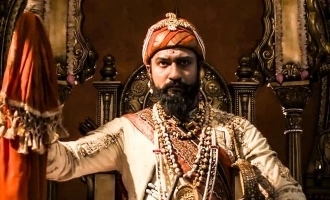
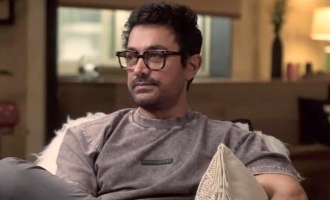
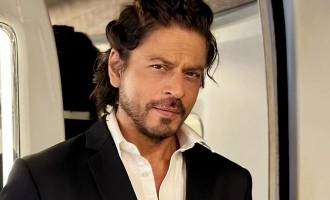
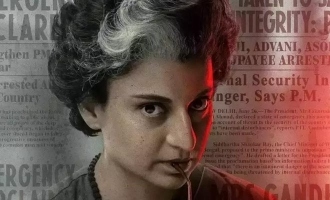

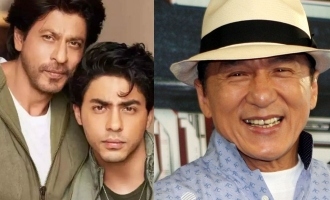
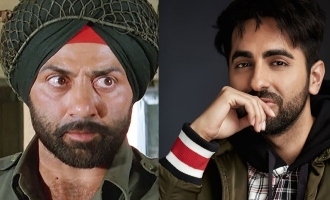
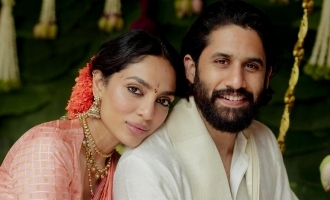
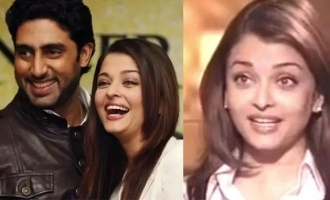
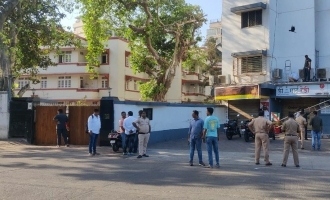
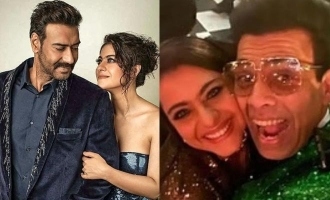
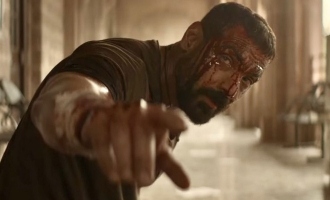
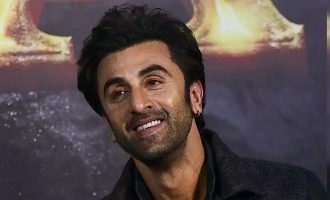
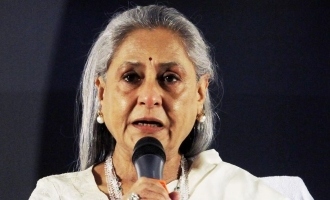

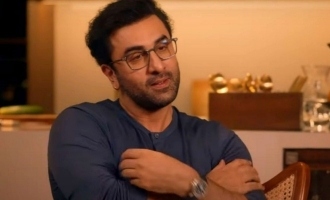


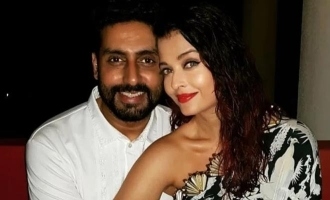



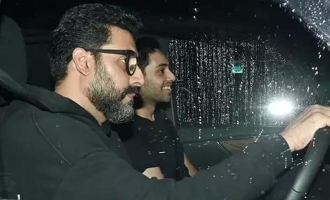
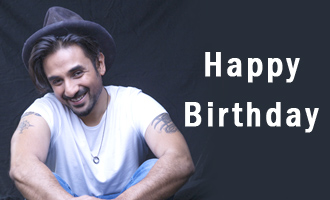



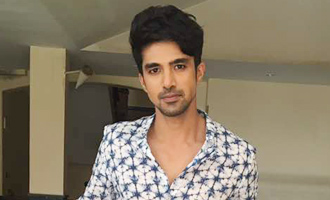

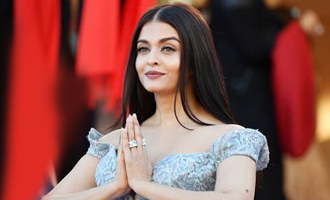

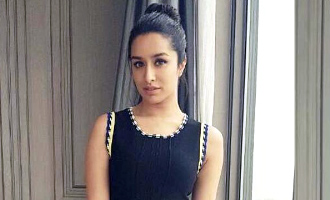

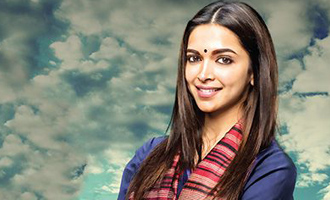









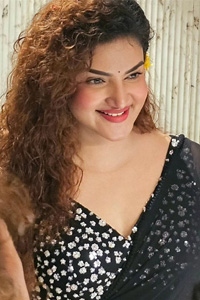
Comments